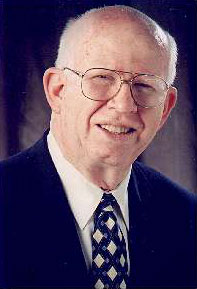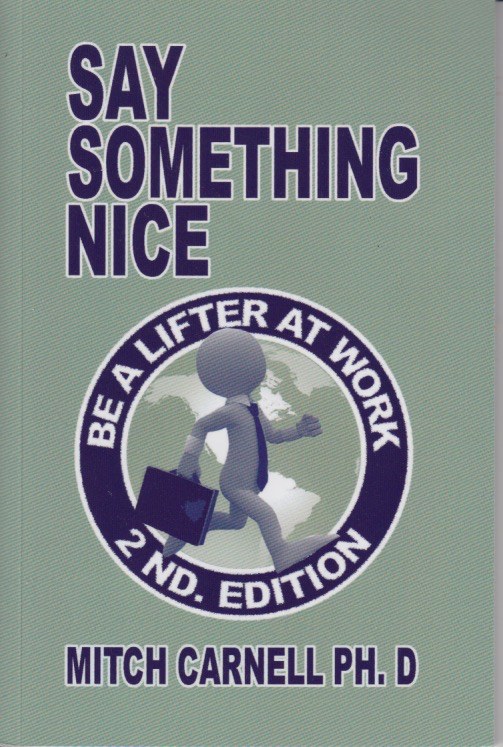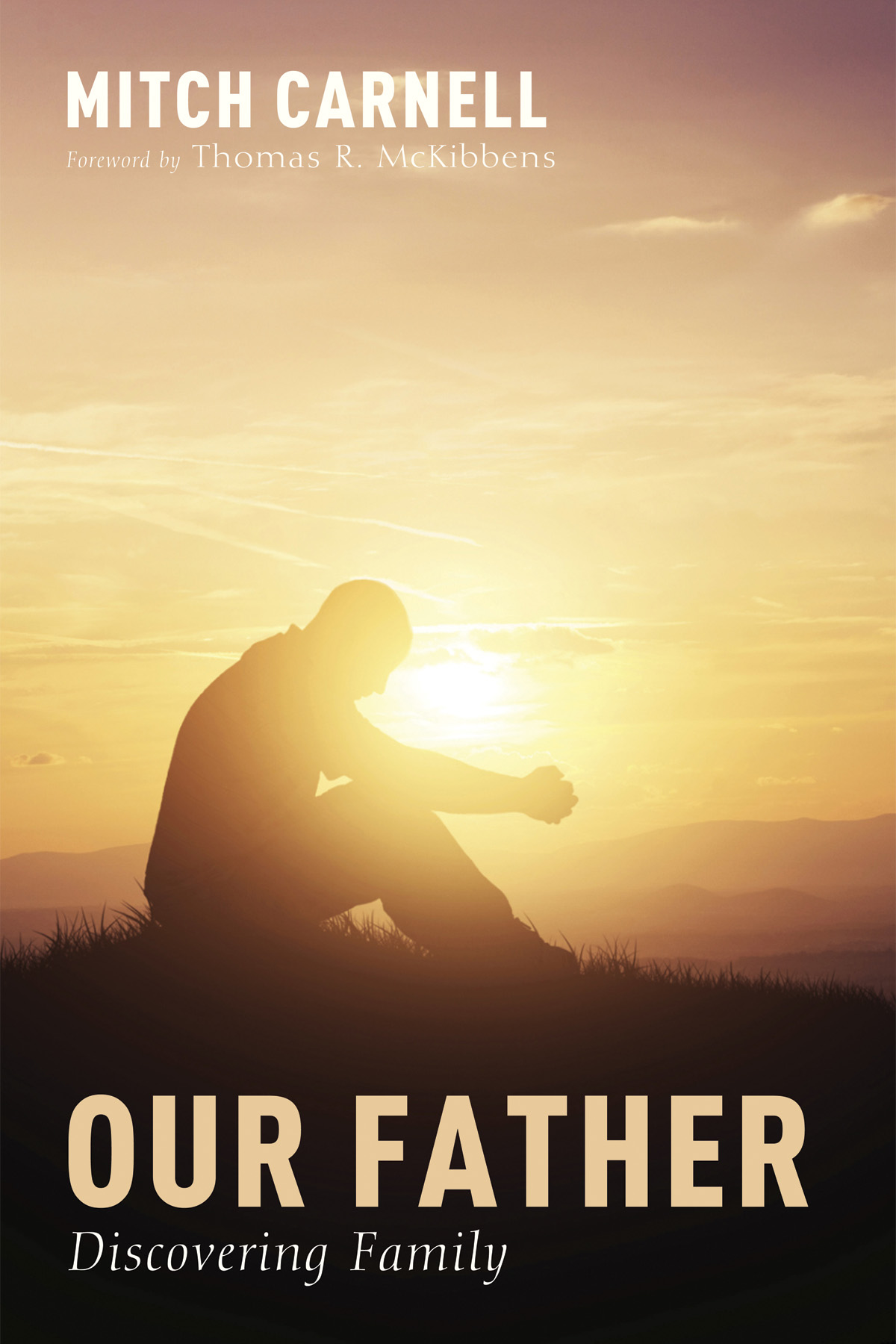What a perfectly baked dessert can teach us about race in America
Last week, the New York Times published an article that noted the irony of identifying apple pie as a uniquely American symbol. In fact, most of the key ingredients in an apple pie are from far-off, exotic places. For example, apple seeds came to the US via European travelers who acquired them from Kazakhstan – the fruit’s genetic birthplace. Cinnamon is native to Sri Lanka, and nutmeg, brought to Europe by the Dutch around 1600, comes from Indonesia.
The article suggests that Americans should use the phrase, “as American as pumpkin pie,” instead of, “as American as apple pie,” as pumpkins are actually native to North America. But I’m not willing to go that far.
When you think about the nature of America as a melting pot of peoples from all over the world, an apple pie is really the perfect metaphor for this country, or at least the country as it should be: a finely-tuned balance of ingredients and flavors that all come together to make a thing of beauty.
Sadly today, however, this balance is off; much like the apple pie I once made, which, due to the top to the cinnamon shaker falling off, was overly full with cinnamon. I was left with a cinnamon pie that included a few apples.
Today, America is like a pie in which one ingredient overpowers the other, where the balance is off, and where the thing of beauty is ruined. This is true in relation to a wide array of issues in our country from immigration to domestic violence, yet given the news this week from Ferguson, Missouri, I want to talk about imbalance in terms of race.
Like the cinnamon in my pie, the privilege of white citizens in the US overpowers all others, especially those of color.
The statistics are nothing but tragic:
In 2011, the median white household income was 72% higher than the median black household income. Black citizens also have a significantlyhigher poverty rate than whites and are incarcerated nearly six times the rate of whites. In fact, studies of New York City show that in 2013, 86% of the people pulled over due to the stop-and-frisk law were black and Latino, whereas 11% of whites were stopped.
The balance is off. And when one ingredient overpowers the others, a thing of beauty is ruined.
When you marginalize an entire sector of the population — when you take away access to opportunity and the means to build a better life, then things start to unravel. Unemployment and crime begin to rise and we start to see what some have termed “the criminalization of race.”
And this takes a toll on all of us. When people are excluded from opportunity, we all lose that opportunity. Our society loses individuals who are posed to grow into our artists, our scientists, our poets, our painters, our thinkers and our builders. A thing of beauty is ruined.
If only we would follow the recipe; a simple recipe of just five words: “Love your neighbor as yourself.”
But don’t let the simplicity of these words fool you. While this is a short commandment that demands justice and equal sharing of privilege and power, it is one that we mess up every day. For you can’t love your neighbor if you constantly hold them in fear and suspicion; you can’t love your neighbor if you pretend to respect them, but in your heart revile them; you can’t love your neighbor if you take away his or her access toeducation, opportunity, and freedom.
As Dr. Martin Luther King said, “It is cruel to say to a bootless man that he should pull himself up by the bootstraps. It is even worse to tell him to lift himself up by his bootstraps while someone is standing on his boot.”
Racism is an ugly reality in our country, but luckily we have a recipe to make a difference. True, we’ve messed it up: one ingredient overpowers the others. But I say, let’s start again. Let’s bake a new pie. Let’s create in ourselves a new heart and then, over time, a new world.
As the writer and priest Tom Ehrich wrote, “We must stand on the battlefield itself — the streets of Ferguson, Missouri, the hiring line when a job opens, a health clinic when battered and raped women show up for help, a voting station when the brown and black are turned away by clever stratagems – [we must stand] on that battlefield to see the wounded.” Amen to that.







